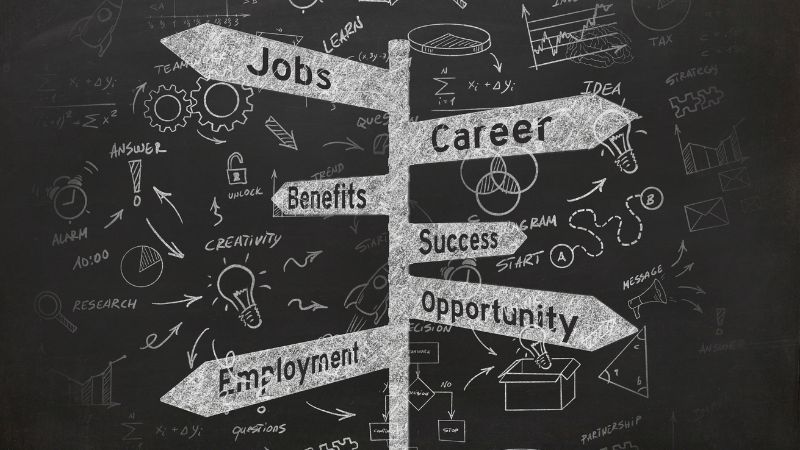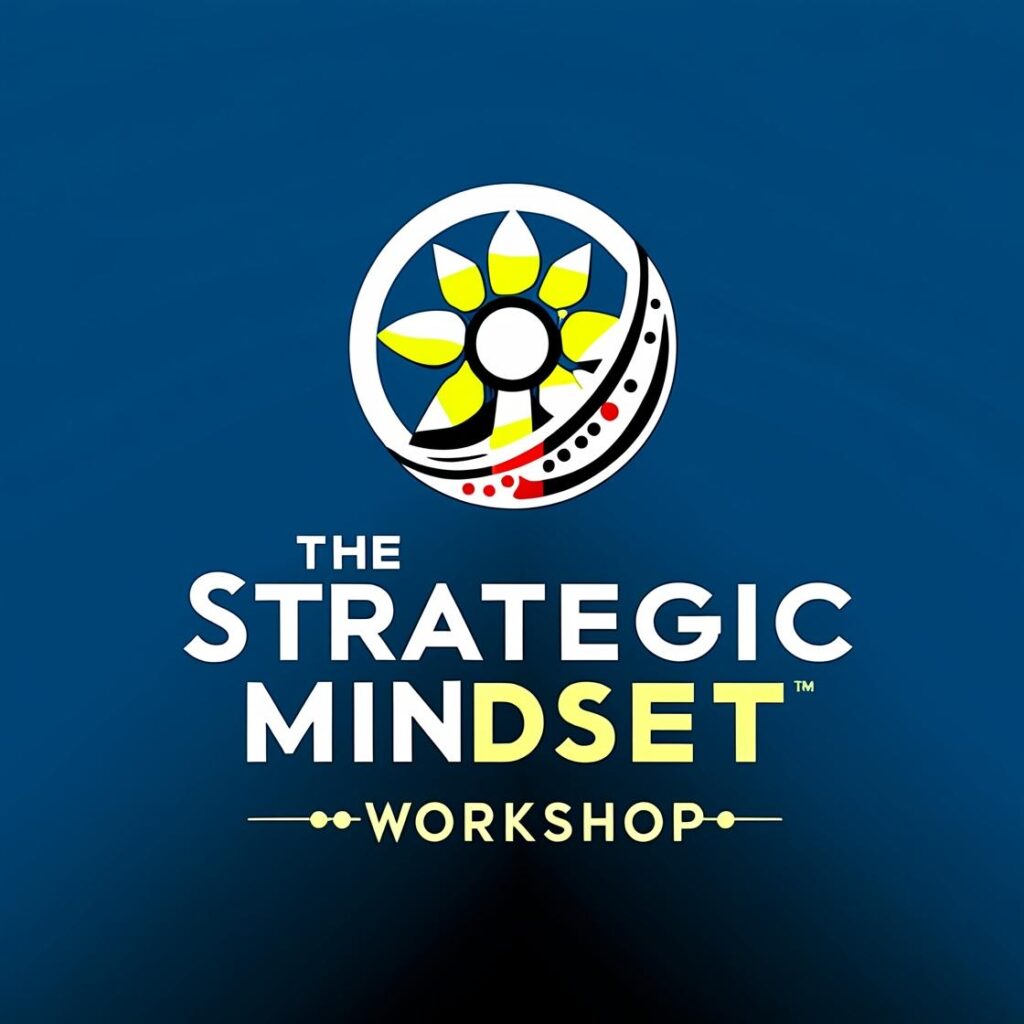I took personality development when I was in college. We didn’t have a personal development course. I wonder why. Though I can see the value of personality development in creating first impressions, our education system denied us the opportunity to learn personal development skills.
Workplace professionals, for example, learn how to design personal development plans at work. We could have learned how to design one in grade school. The truth is we got used to having our new years resolutions every first day of the year, but we never learned how to set goals.
The purpose of this article is not only to show the difference between personal development and personality development. I will give you some tips about personality development — and get started with personal development too.
Knowing the difference between personality development and personal development is important. Both can help us grow professionally. The first can help us make a great impression, and the latter can help us transform.
What is personal development?
Personal development refers to the activities a person deliberately undertakes to improve, evolve and transform himself into the individual he wants to become. Personal development requires one to replace bad habits with good. One can accelerate it by building skills and developing personal discipline.
Personal development is holistic development. It is the core. It is not dependent on understanding the personalities of others, though the latter may help in understanding oneself.
Personal development is an end, and personality development or personal branding is a means to an end.
Filipinos are more familiar with personality development than with personal development.
Colleges typically offer personality development courses. But it is our personal development that is much needed in the workplace.
In college, our personality development class focused on building a personal brand. How you dress, walk, and talk contributes to the development of your personality.
Our teacher told us that the word person means “the face behind the sound,” which refers to the masks you wear. In each situation, you play a different role and wear a different guise.
Importance of Personal Development
As long as you live, pay attention to personal development. Because personal development focuses on helping you become the best version of yourself.
When you pay attention to personal development, you become more aware of who you are, your passions, talents, and potential.
Each day, you work to get a good life, make a difference in the world, and realize your dreams and aspirations.
Be more passionate about personal mastery, excellence, and becoming an authentic leader. Be more excited about personal development.
It is okay to distinguish yourself, to get ahead, or shine.
But go beyond image building, and make a remarkable impact. My friends, as long as you live, pay more attention to personal development.
Great leadership isn’t an event—it’s a habit. Get actionable leadership habits every Monday and Thursday.
What is personality development?
Personality development refers to the process of enhancing and improving one’s personality through deliberate study and practice. Personality refers to our unique patterns of thinking, feeling, and behaving. People differ in personality types, styles, and traits. For example, some people are introverts, others are extroverts, and a few are ambiverts.
You look into people’s values and beliefs to understand how they behave.
The most that I got from the course is that you can decide what personality (mask) you can wear depending on the situation. We had lessons on putting on make-up.
A knowledge of personality development can help you position yourself in the workplace.
You can determine how people will regard you.
Nowadays, people in the corporate world prefer to use the term personal branding.
I think personal branding is a good alternative term, but personality development goes beyond branding.
Personal branding is a western concept. Gooroos advocate that you are a product – and you can increase your value by increasing your reputation and making the world believe you are valuable. Because of this, I don’t teach personal branding.

Unwittingly, we learned that one ought to hide his authentic self behind a mask. I don’t think that this is the intention of personality development as a subject, but that’s where the focus of many who expect you to “fake it ’til you make it.” Personality development is about grooming yourself so that you become more distinctive.
Importance of Personality Development
You aim to develop, polish, and refine your image. As a metaphor, I can say that personality development is superficial, the makeup of personal development.
Of course, that metaphor won’t show everything. The essential parts are often hidden.
Personality development involves studying our inborn traits and behavioral and cognitive patterns that influence our actions and thoughts.
Understanding how you act and think can help you change your character. Your ability to change your mindset and behavior will help in your development.
The confusion is not only in the meaning but also in what is more meaningful.
This is why many speakers offer personal development when discussing personality development. And training associates look for a personality development speaker when the boss wants a speaker on personal effectiveness.
Personality development also helps leaders boost self-confidence, improve their ability to communicate, learn fine etiquette and manners, and talk and walk in specific ways.
It is akin to personal branding. You see yourself as a product. You sell yourself.
Personal branding training is a very lucrative business.
I don’t offer personal branding and image enhancement training because others can do better training.
Though I see these as important components of my being a speaker, some people are more passionate about image enhancements.










